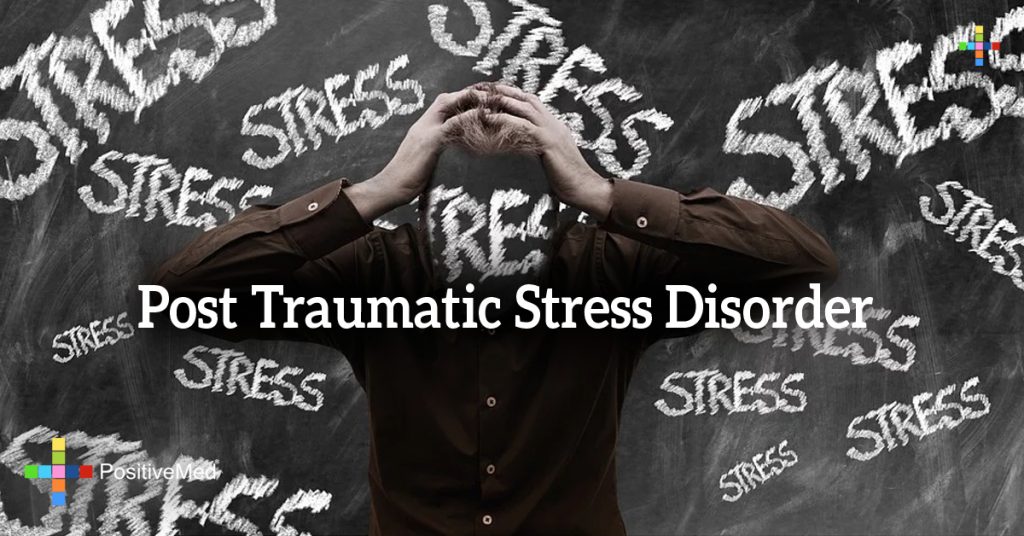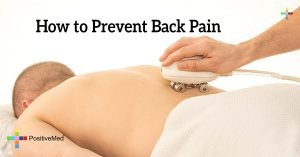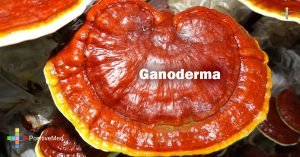
Talking About PTSD (Post-Traumatic Stress Disorder)
By Andres Carvajal
Edited By Stephanie Dawson
Post-traumatic Stress disorder, or PTSD, is an anxiety disorder that affects many people after a traumatic event that caused intense fear ,hopelessness, or horror. This can happen as a result of personal trauma such as rape, war, natural disaster, abuse, an accident, or witnessing a violent or tragic event. The traumatic event has a serious and profound effect and this creates a perpetual feeling that life or the life of others is in danger, feelings of extreme hopelessness or fear. Its common to experience a brief state of anxiety and depression after such events, people suffering from PTSD suffer from reliving these moments in flashbacks. Flashbacks are as intense as the original trauma and create intense emotions of fear which can lead to phobias toward events, situations, or individuals. A person who suffered $e*u@l assault is going through a period of stress and depression and can develop post-traumatic stress, often reliving and remembering what happened. The person may feel hopeless or have terrifying nightmares.

Characteristics:
People with this condition will suffer symptoms from one month to several years and this will not allow them to perform the same actions and have the same routine as before. Trauma starts a new page, a new universe, because of the extreme pain and fear it created. The person’s life will be affected and, in many cases cannot function properly without help.
Symptoms of PTSD usually appear over a period of 3 months after the traumatic event but can appear months or even years later. With severe trauma there is a significant change in the nervous system creating over-activation of the fight-or-flight response through sympathetic pathways.
PTSD can change the body’s response to stressful events. Usually after a traumatic event the body heals itself and stops production of stress-related hormones. With PTSD the autonomic systems is activated to a constant state of high stress. PTSD can occur at any age.
Symptoms
There are three types of symptoms of PTSD :
1. Repetitive flashbacks of the traumatic event that disturb daily activities
Flashback episodes, where the event seems to be happening again and again.
Recurrent distressing memories of the event.
Repeated nightmares of the event.
Strong and uncomfortable physical reactions to situations that remind you of the event.
2. Evasion
Emotional indifference.
Feelings of negligence to self.
Inability to recall important aspects of the event.
Lack of interest in normal activities.
Avoiding people, places, or thoughts that recall the event.
Sensations hopelessness and fear
3. Over-activation
Constant scanning of surroundings for signs of danger ( hyper-vigilance )
Lack of concentration
Easily startled
Feeling irritable or having angry outbursts
Difficulty falling asleep or staying asleep
Feelings of guilt or remorse
Treatment:
Psychotherapy
Psychotherapy or counseling is the most direct way to control your life and make positive changes. When you talk to mental health professionals in a quiet and cozy environment they can help you manage your symptoms of the disorder. They will guide and calm you. In some treatment you are encouraged to remember the traumatic event and express feelings about it. Over time memories of the event become less frightening.
During psychotherapy you will learn relaxation techniques to combat flashbacks. Your doctor may suggest medications which can help relieve depression or anxiety and improve sleep, they will need time to take effect. Don’t stop taking medications or change the dose without consulting your doctor. Ask about possible side-effects and what to do if you experience them.
There are support groups where people share similar experiences with PTSD that may be helpful. Ask your doctor about groups in your area.





